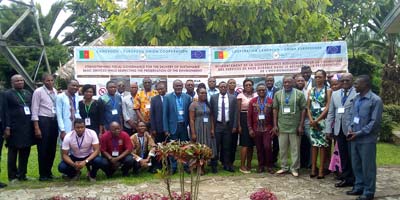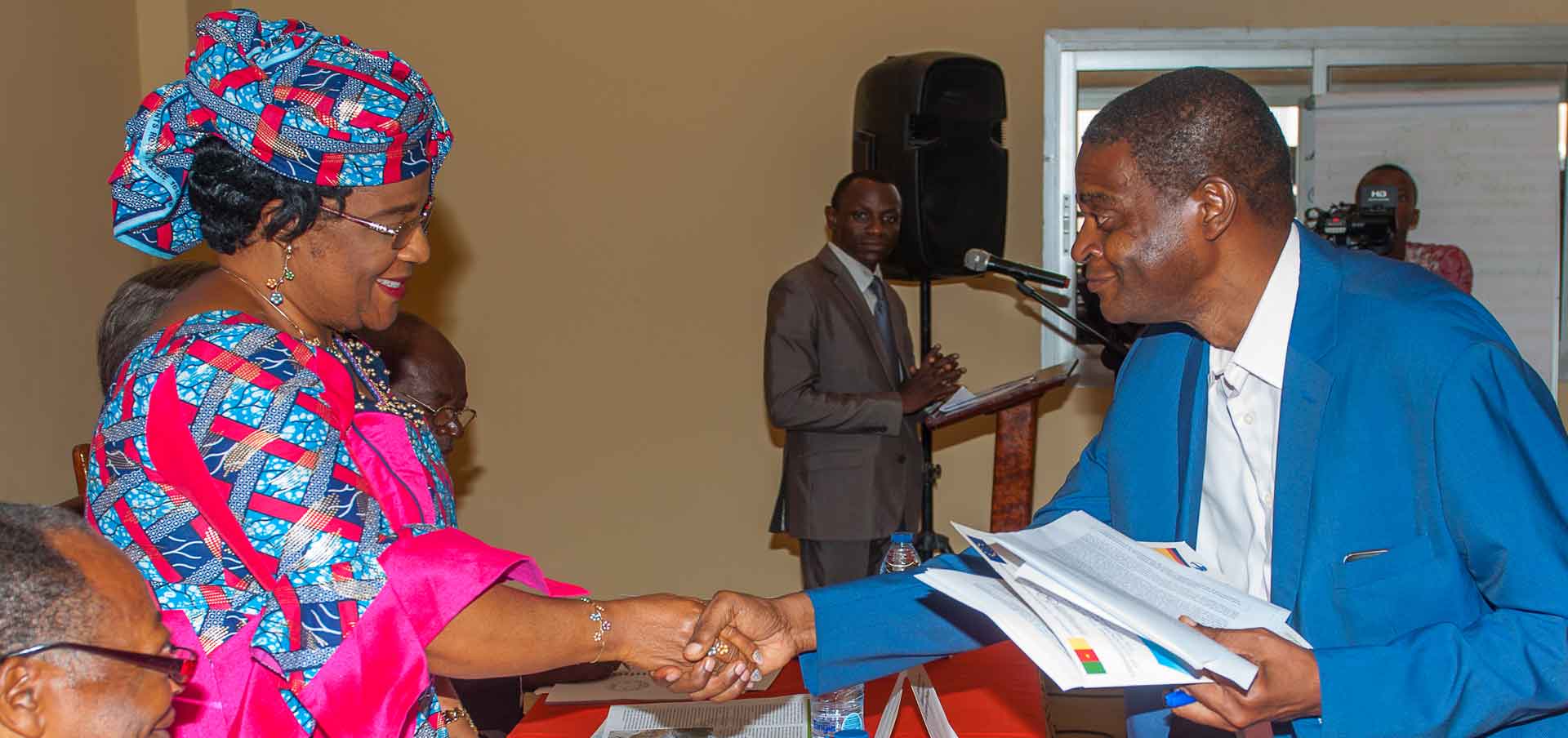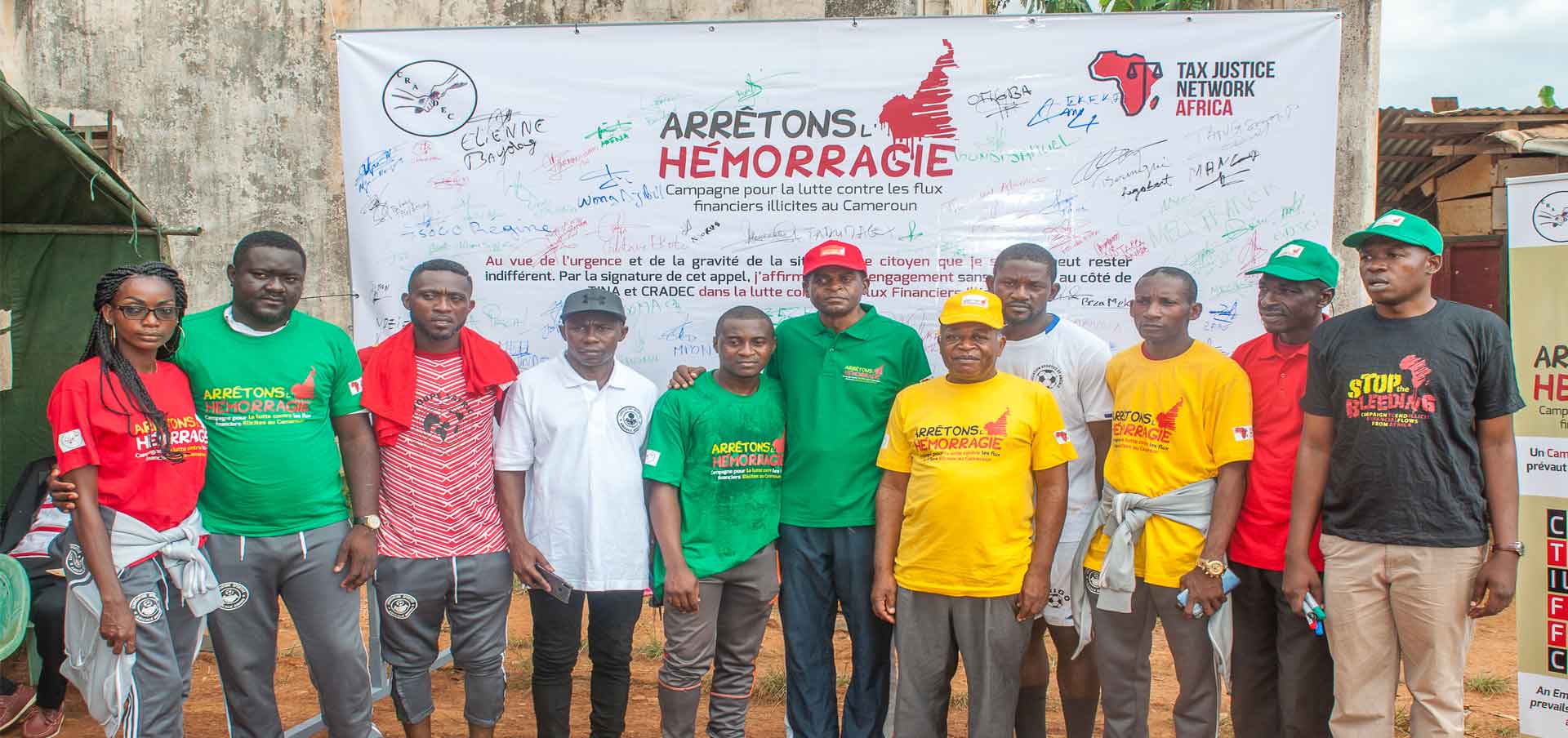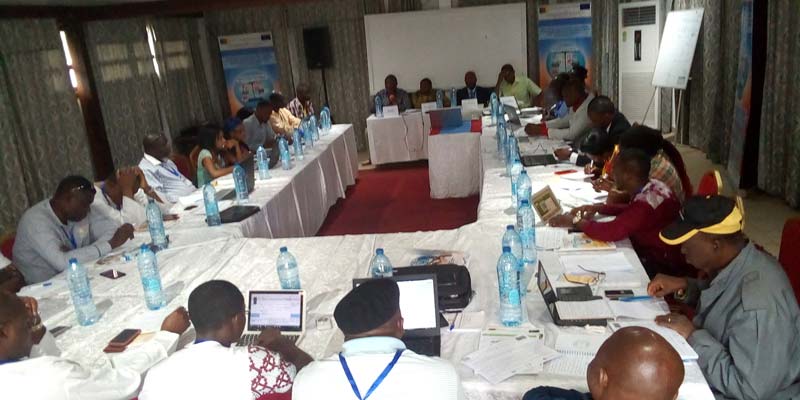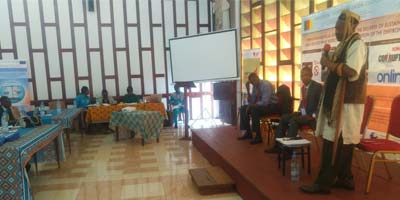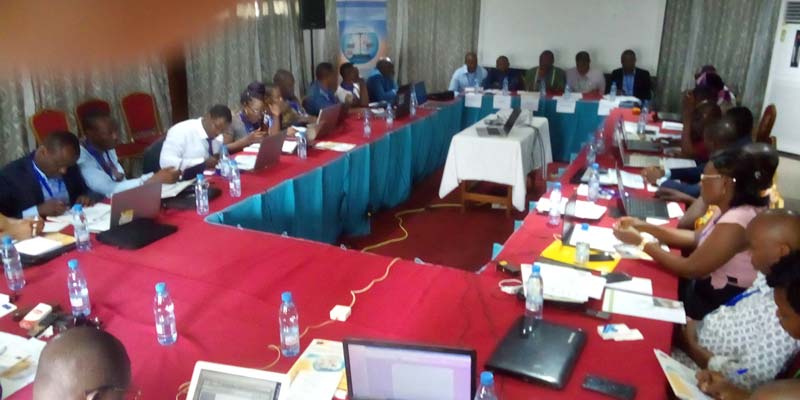From 25 to 26 October 2021, the first-ever pan-African country conference was held at the Hotel Merina in Yaoundé, Cameroon, under the theme: Combating Illicit Financial Flows to Bridge the Growing Inequality Gap in Africa. About a hundred citizens, coming from multiple and diverse backgrounds and professional affiliations responded to the call.
The overall objective of the Pan-African Country Conference was to support the Cameroonian government in its commitment to a fiscally efficient and taxpayer-friendly tax system characterised by a broad tax base, fair tax rates for the economy and the fight against IFFs in order to address the growing post-Covid-19 inequalities
It should be noted that reducing IFFs can help African countries mobilise capital to fill the stimulus financing gap and meet their external debt obligations. In 9 years, Cameroon has lost about CFAF 17,813.25 billion. The meeting was attended by officials from the administrations in charge of implementing public finance reforms, audit institutions, productive sectors of the NDS-30 and Members of Parliament, among others.
The proceedings took place in nine (09) plenary panel sessions of exchanges and discussions. Some recommendations and lessons were drawn from these exchanges. These include:
- Enable the judiciary to take over the investigation of IFFs cases;
- Evaluate the impact of tax exemptions granted by parliamentarians in order to ensure that they actually benefit the economy;
- Take action to ensure that the application decrees for (i) the law on transparency in public finance management and (ii) the 2016 mining code are rapidly adopted;
- Take measures to address the limitations of the reporting system;
- State constraint mechanisms exist. They can consist of the suspension of states from certain international initiatives or institutions (EITI, Commonwealth);
- The fight against IFFs relies on the will of citizens as well as politicians;
- Take action to limit the circulation of cash as it promotes IFFs;
- Strengthen the right to information by obliging certain institutions to share information;
- Strengthen cooperation between institutions, especially the police and customs;
- Strengthen civic awareness of IFFs issues.




